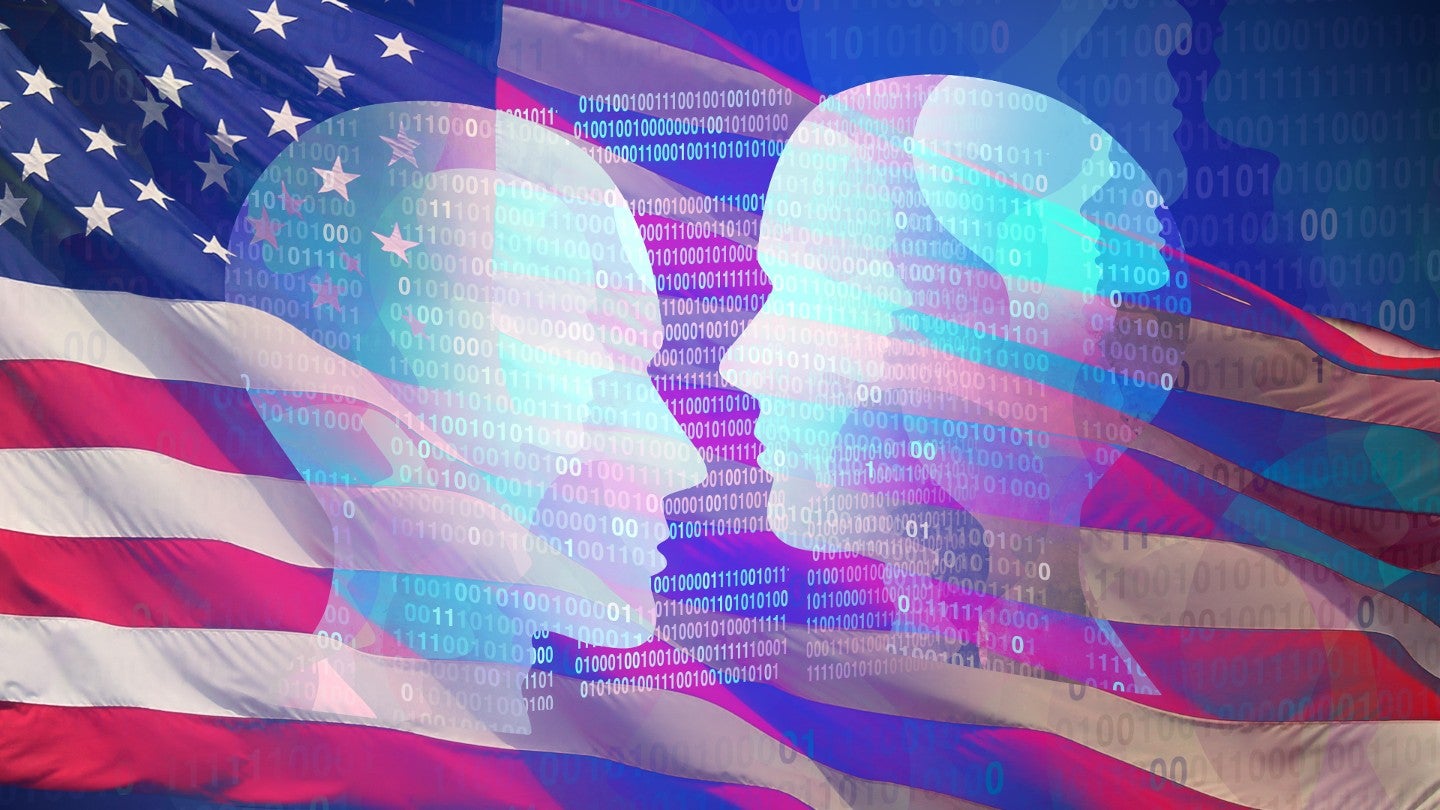
As 2024 gears up to be a big electoral year with elections occurring in 64 different countries, the democratic process is facing new threats from AI.
A recent survey from hardware authenticator security key provider Yubico and nonprofit cybersecurity organisation Defending Digital Campaigns found that both Democrats and Republicans believe that AI will have a negative effect on the upcoming US elections.
Delving into the nature of the threat AI poses to elections, Niall McConachie from Yubico speaks to Verdict, explaining how the threat has increased since past elections and how cybersecurity and data keys could help mitigate voter manipulation.
What threat does AI pose to the democratic process in upcoming elections globally?
McConachie: As the 2024 election season ramps up, it’s clear that AI and cybersecurity will play a crucial role in shaping the electoral landscape. Unfortunately, individuals involved in 2024 campaigns can expect more vigorous phishing attacks, data theft, ransomware, and disinformation efforts.
The threat of AI in this year’s election cycle has raised significant concern, particularly regarding the spread of misinformation through AI-generated content such as deepfakes. Manipulated content can be used to undermine democratic discourse and electoral integrity.
With this in mind, it’s more critical than ever for voters to stay vigilant about suspicious behaviour, which could be foreign adversaries or domestic actors seeking to tamper with election outcomes.
How well do you really know your competitors?
Access the most comprehensive Company Profiles on the market, powered by GlobalData. Save hours of research. Gain competitive edge.

Thank you!
Your download email will arrive shortly
Not ready to buy yet? Download a free sample
We are confident about the unique quality of our Company Profiles. However, we want you to make the most beneficial decision for your business, so we offer a free sample that you can download by submitting the below form
By GlobalDataHow much has the threat increased since previous major election years? Is this increased threat due to technological advancements?
The sudden advancement of AI technology has sparked uncertainty around how this technology will impact the democratic process. According to a recent survey from Yubico, Defending Digital Campaigns and OnePoll, 78 percent of voters are concerned about AI-generated content being used to impersonate a political candidate or create inauthentic content, and the impact it may have on this year’s elections. The perceived threat amongst voters is certainly real, with 43 percent believing that AI-generated content will negatively affect the outcome of the 2024 elections.
As AI continues to develop, it poses more of a threat to elections. For example, AI has the ability to clone voices that could be used to realistically impersonate politicians in videos or deepfakes. In fact, when an audio clip with an AI voice was played to the survey respondents, 41 percent believed the AI voice was authentically human. This demonstrates just one of the ways advancements in AI can significantly threaten voting choices.
What cybersecurity measures are needed to defend against voter manipulation?
It’s crucial that voters can be confident in the democratic process. From a data security perspective, 85 percent of voters don’t have a high level of confidence that political campaigns effectively protect the personal information they collect. To address this, politicians and those involved in campaigning need to ensure that voters are protected from manipulation, with their personal data kept safe.
There are a number of effective measures politicians can implement to defend against voter manipulation and prevent websites from being hacked. Using strong security measures for accounts such as multi-factor authentication (MFA) in the form of a hardware security key is crucial. Additionally, it’s important to have policies in place to train members of staff or volunteers on cybersecurity best practices to safeguard the campaign as well as personal information.
How can data keys help to protect the democratic process?
It’s imperative that candidates take the necessary steps to protect their campaigns and build trust with voters. By adopting modern cybersecurity practices such as phishing-resistant MFA in the form of a physical hardware key, politicians add a layer of security that protects cloud, social, and financial accounts related to their campaign, as well as personal accounts and all primary targets of bad actors.
Hardware security keys, like the YubiKey, can store passkeys, which can be used to log into apps and services quickly and securely. The passkeys in these security keys cannot be copied, and authentication is only possible on verified sites, so account credentials are never provided to malicious websites. By using hardware security keys to protect both personal and business accounts, politicians can remain secure even if users are tricked by a sophisticated phishing attack.







